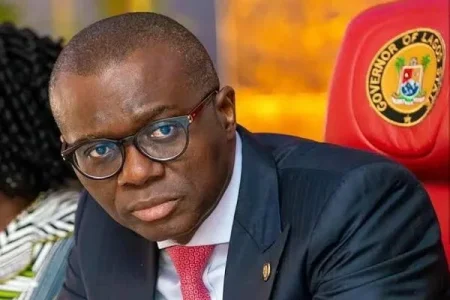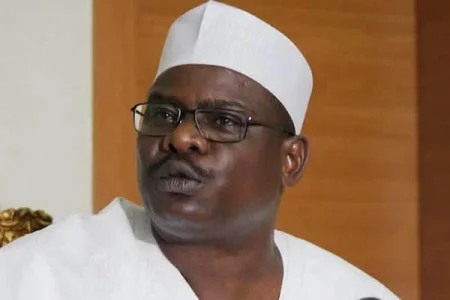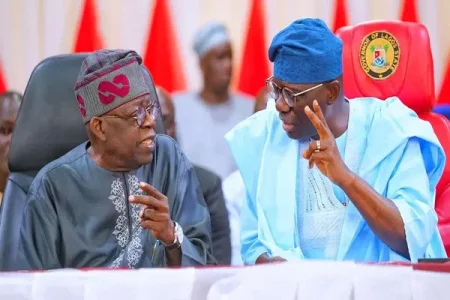Opposition leaders Atiku Abubakar, Peter Obi, and Rotimi Amaechi have clashed over which existing political party should serve as the platform for their proposed 2027 coalition. The disagreement over party selection has stalled merger talks, with each leader advocating for their preferred political vehicle while negotiations remain deadlocked over leadership structures and candidate selection processes.
Key Takeaways:
Key Takeaways:
- Coalition discussions have reached an impasse over fundamental questions of party identity and leadership hierarchy among the three prominent opposition figures
- Each leader brings different regional strengths and voter bases, but personal ambitions appear to be complicating unified strategy development
- The deadlock occurs as the ruling APC consolidates power, potentially giving the governing party strategic advantages while opposition forces remain fragmented





